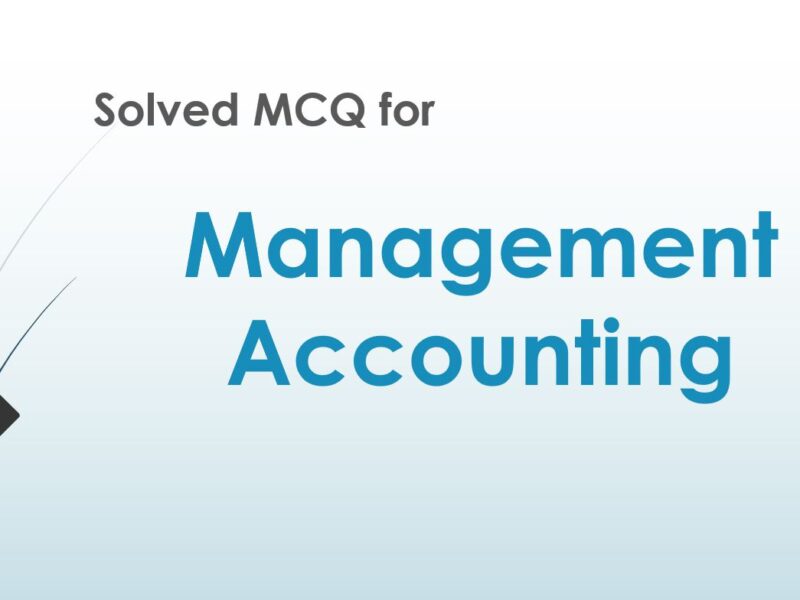CBSE Class 10 Social Science Chapter 1 Understanding Economic Development Multiple Choice Questions with Answers. MCQ Class 10 Economics Understanding Economic Development with Answers was Prepared Based on Latest Exam Pattern. Students can solve NCERT Class 10 Economics Understanding Economic Development MCQs with Answers to know their preparation level.
Students who are searching for NCERT MCQ Questions for Class 10 Economics Understanding Economic Development with Answers are compiled here to get good practice on all fundamentals. Know your preparation level on MCQ Questions for Class 10 Social Science with Answers. You can also verify your answers from our provided MCQ Class 10 Economics Understanding Economic Development with Answers. So, ace up your preparation with MCQ of Chapter 1 Economics Objective Questions.
MCQ Class 10 Economics Understanding Economic Development with Answers - Set - 5
Question 1:
Promotional groups promote:
(а) Selective rather than collective good
(b) Collective rather than selective good
(c) Can be both (a) and (b)
(d) None of the above
Correct Answer – (B)
Question 2 :
The decision of movements is:
(а) More informal and flexible
(b) More formal and flexible
(c) Less informal and flexible
(d) Less formal and flexible
Correct Answer – (A)
Question 3 :
The groups that form an organisation and undertake activities to promote their interests or their viewpoints are called:
(a) Pressure groups
(b) Agitation groups
(c) Mobile groups
(d) None of the above
Correct Answer – (A)
Question 4 :
What would be the most promising source of energy fifty years from now and why?
(a) Petroleum energy, because it is obtained from fossil fuels.
(b) Solar energy, because it is not exhaustible.
(c) Coal based energy, because it is pollution- free.
(d) Forest product based energy, because India has abundant forests.
Correct Answer – (B)
Question 5 :
HDI stands for ‘Human Development Index’ that focuses on Fill in the blanks with one of the following options:
(a) life expectancy
(b) gross enrolment ratio for three levels of schooling
(c) national income
(d) All the above
Correct Answer – (B)
MCQ Class 10 Economics Understanding Economic Development with Answers
Question 6 :
Usually interest groups seek to promote the:
(a) Interests of particular section or groups of society
(b) Interest of the whole population
(c) Religious groups only
(d) None of the above
Correct Answer – (A)
Question 7 :
Unlike political parties, pressure groups:
(a) Aim to directly control or share political power
(b) Do not aim to directly control or share political power
(c) Do not all attempt to influence government policies
(d) None of the above
Correct Answer – (B)
Question 8 :
Pick out the cause (from below) that enhances environmental degradation:
(a) Planting of trees.
(b) Prevention of factory wastes getting mixed up with river water.
(c) Ban on use of plastic bags.
(d) Allowing increase in the level of exhaust fumes emitted by cars, buses, trucks, etc.
Correct Answer – (D)
Question 9 :
Kerala has a low infant mortality rate. What could be the reason? Find the correct answer from the following:
(a) Kerala has a low infant mortality rate because all the girls are trained at the primary level schooling to look after a newborn child.
(b) Because most of the girls are nurses in Kerala.
(c) Because Kerala has very high female literacy rate and adequate health facilities are available for both mothers and children.
(d) Kerala’s good climatic condition helps infants to survive.
Correct Answer – (B)
Question 10 :
Money cannot buy all the goods and services that we may need to have a good life. A list of things required for a good life is given below. Which among the following are things money cannot buy?
(i) Full protection from infectious diseases
(ii) High quality education
(in) A luxury home
(iv) A pollution-free atmosphere in every part of the country
(a) (i) and(ii)
(b) (ii) and (iii)
(c) (i), (ii) and (in)
(d) (i) and (iv)
Correct Answer – (D)
- NCERT Solutions Class 10 Civics Chapter 1 : Power Sharing
- NCERT Solutions Class 10 Civics Chapter 2 : Federalism
- NCERT Solutions Class 10 Civics Chapter 3 : Democracy and Diversity
- NCERT Solutions Class 10 Civics Chapter 4 : Gender Religion and Caste
- NCERT Solutions Class 10 Civics Chapter 5 : Popular Struggles and Movements
- NCERT Solutions Class 10 Social Science Democratic Politics II Textbook



